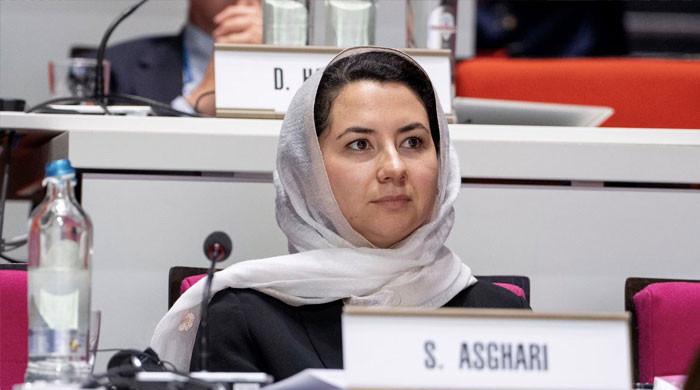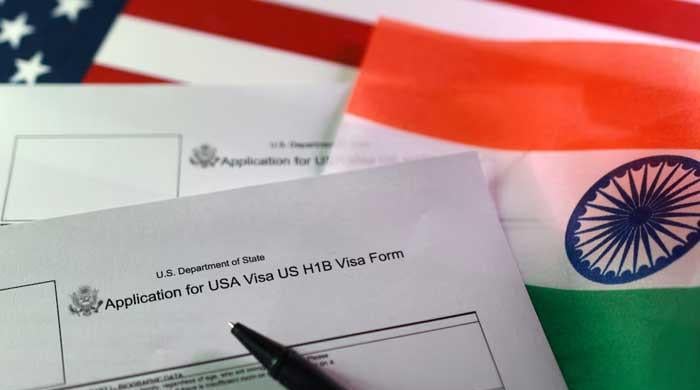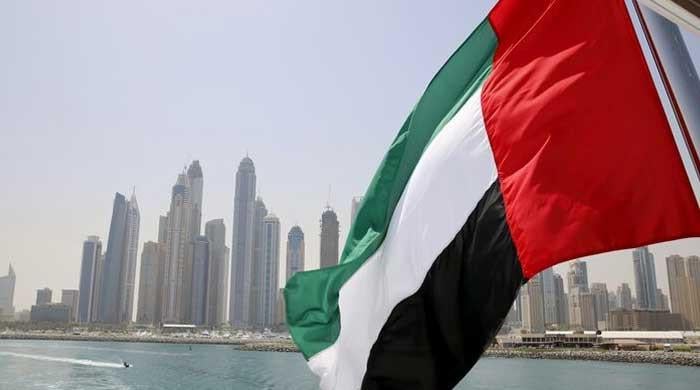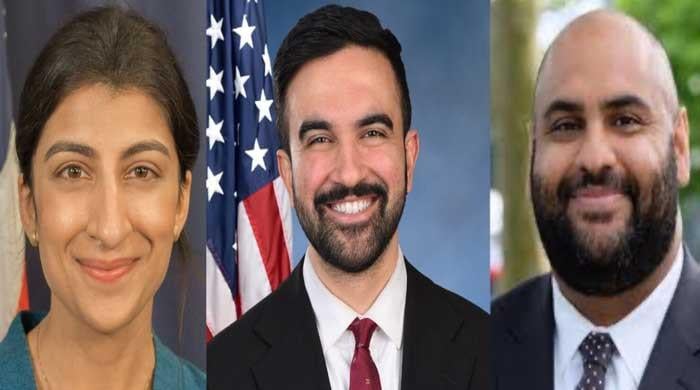Networks restore mobile phone services as Afghan truce holds
There have been reports of small clashes in rural areas, but no major attacks that have been erupted
February 23, 2020
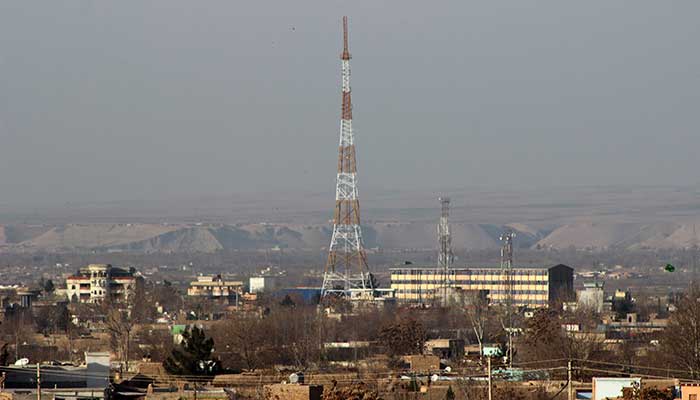
KABUL: Mobile network operators in Afghanistan were restored across Afghanistan, especially swathes of Taliban-contested areas as a partial truce with the militants held for a second consecutive day.
The Taliban, US and Afghan forces are currently overseeing a week-long "reduction in violence" that kicked off on Saturday.
The commitment has seen fighting drop dramatically and is set to pave the way for an American withdrawal deal to be signed later this week.
There have been reports of small clashes in rural areas, but no major attacks that have long defined the conflict have erupted.
"In general we do see (a reduction in violence)," acting interior minister Masood Andrabi told AFP.
The lull in violence allowed telecom operators to begin restoring networks across the country that have long been hampered by fighting.
"Around 730 cell towers have restarted," said Naqeebullah Sailab, vice chairman of the Telecom Regulatory Authority of Afghanistan.
Also read: Week-long partial truce comes into force in Afghanistan amid isolated attacks
"There are towers which started operating after almost five years."
Two separate officials with knowledge of the country's telecoms industry in northern Afghanistan also confirmed that mobile networks were being restored in insurgent-hit areas.
The Taliban have long targeted Afghanistan's private telecom firms, kidnapping engineers, destroying transmission masts and forcing regular coverage blackouts in volatile areas to avoid detection of their fighters.
Afghanistan boasts millions of mobile users in a population of 30 million, with the fast-growing industry employing around 200,000 people and earning strong revenue in an otherwise moribund economy.
Thousands of telecommunication towers, however, are in insurgency-hit areas and vulnerable to attacks.
The partial truce is expected to set the conditions for Washington and the insurgents to sign a deal in Doha on February 29 that could, ultimately, pull US troops out after more than 18 years and launch war-weary Afghanistan into an uncertain future.
A successful week would demonstrate that the Taliban have command and control of their forces, and it would also be a show of good faith before signing any deal.
The partial truce has also given a much-needed respite to civilians who have borne the brunt of the gruesome war.
The UN's Afghanistan mission reported on Saturday that more than 10,000 people had been killed or wounded in 2019 alone.
Also read: Afghanistan violence on the uptick amid US-Taliban dialogue: watchdog
As fighting eased across the country, Afghans took to the streets to enjoy the relative calm.
In their southern stronghold of Helmand, Taliban fighters mingled with locals, small "peace" demonstrations took place across the country, and a bicycle race was held in the eastern city of Jalalabad.
Washington has been in talks with the Taliban for more than a year to secure a deal which would see it would pull about half of the 12,000-13,000 troops currently in Afghanistan out.
In return, the Taliban would give security guarantees and a promise to hold peace talks with the government in Kabul.




